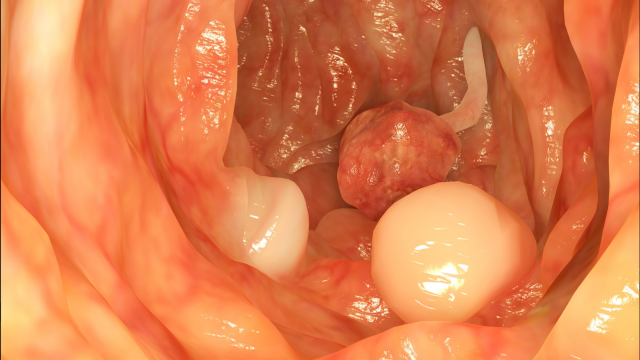A Miscarriage can be devastating and very distressing. Further, if it happens repeatedly it can be very traumatizing. Miscarriage is if you lose a baby before 24 weeks of pregnancy. A miscarriage in the first 3 months of pregnancy is known as an early miscarriage.
Early miscarriages are common, about 10–20% of all pregnancies. A late miscarriage is when it happens after 3 months of pregnancy but before 24 weeks. They are less common, about 1–2%.
When a woman has 3 consecutive miscarriages then it is called recurrent miscarriage.
Recurrent miscarriage affects 1 in 100 (1%) couples trying to have a baby. There are a number of factors that may play a part in causing recurrent and late miscarriage:
- Age: The older you are, the greater your risk of having a miscarriage especially if the woman is aged over 40.
- Diabetes or thyroid disorders can be a common and important cause for miscarriages but they do not cause recurrent miscarriage, as long as they are under control.
- Syndromes such as Antiphospholipid syndrome (APS) and Thrombophilia are not very common conditions but are important causes of recurrent miscarriage and late miscarriage.
- In 2–5% of couples with recurrent miscarriage, one partner will have an abnormality on one of their chromosomes i.e. the genetic material that we inherit and is responsible for all our features.
- Defects in the shape of the uterus (such as a septum, arcuate or bicornuate uterus) can be a cause of miscarriage. They too are difficult to prove as many women with a septum may have a normal pregnancy.
- The cervix may be weak in some cases and it is known to be a cause of late miscarriage. This is difficult to diagnose as there is no conclusive test. It is considered to be a possibility only when the woman has a painless miscarriage. It cannot be diagnosed outside of pregnancy. During pregnancy serial ultrasound examination can be done for the measurement of the length of the cervix. In case it is shortening then a provisional diagnosis of the weak cervix may be made.
- In a normal pregnancy, the immune system of the woman does not react to the antigens from the baby. But there is a suggestion that in some women their immune system may not support the baby and therefore it is rejected resulting in a miscarriage.
- Various factors such as being overweight, smoking, excessive alcohol, drugs, and too much caffeine may also increase the risk.
- It is distressing but true that the risk of further miscarriage increases with each miscarriage. A woman with recurrent miscarriages has a 60% chance of having a normal pregnancy next time.
How can we help you?
You can seek the opinion of Dr. Sangeeta if you have had multiple/recurrent miscarriages.
You may need to do some blood tests for APS and thrombophilia, chromosome analysis for you, your partner and sometimes even the abortus. Tests for the shape of the uterus such as hysterosalpingography, pelvic sonography, and hysteroscopy may be required. Sometimes a post-mortem examination of the aborted material may give very valuable information.
Treatment Options
Treatment with low-dose aspirin tablets and heparin injections in pregnancy has shown benefit in a woman with APS. Aspirin and heparin make blood thin and thereby reduce the chance of clotting. They are safe to take in pregnancy. Heparin is particularly useful in women with thrombophilia. Genetic counseling is recommended for those who have a chromosome abnormality.
A stitch is inserted at the neck of the womb in women with a weak cervix. This is done at about 16 weeks and the procedure in itself carries a risk of miscarriage. If an abnormality is found in the uterus, then it can be corrected easily with surgery. The Hormones progesterone and human chorionic gonadotropins are commonly used in the first three months to prevent miscarriage. How far they are effective is not known but at least they do not cause harm. It is heartening to note that in cases where no cause for recurrent miscarriage has been found, 75% of the couples will have a successful pregnancy.
So if you have had a miscarriage then seek an appointment with Dr. Sangeeta Agrawal to see what can be done to enable you to take home your bundle of joy.


















